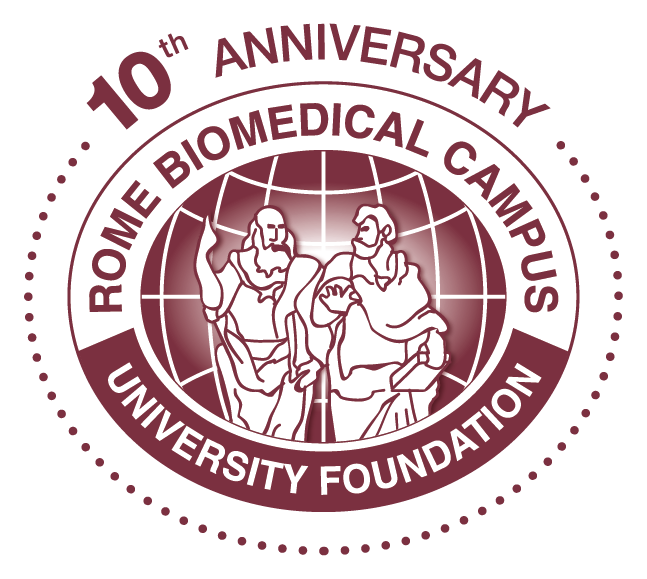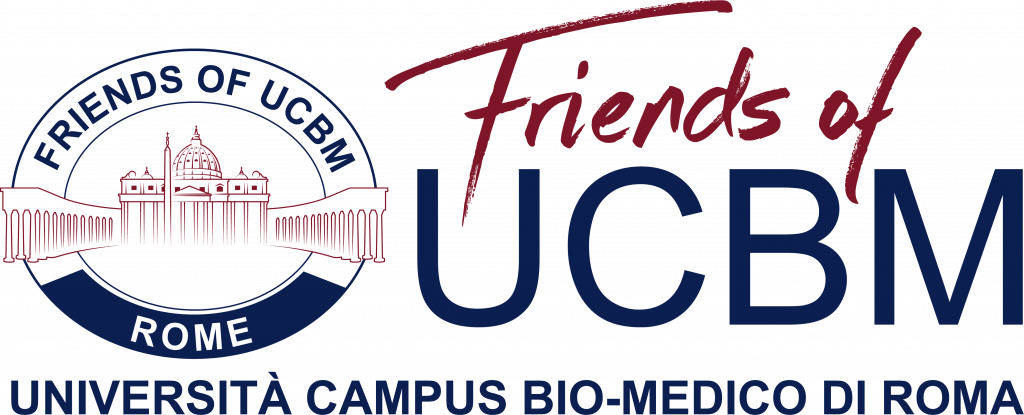To love someone for their own sake, and not for the satisfaction — even moral — that such love may bring: this is the essence of benevolence.
Leibniz defined it as delectatio in felicitate alterius, which can be translated as “rejoicing in another’s happiness.”
But is it truly possible to take joy in another’s happiness?
Isn’t happiness, perhaps, more about what one receives than what one gives?
Benevolence is a distinctive trait of the human person and, like all such qualities, it can grow or fade. No other being can be benevolent in the way humans can. Benevolence always entails a relationship with others. It is through benevolence that we can overcome not only hostility, but even indifference.
Thus, the objective good that I bring about through my actions can become the very center of my own happiness. Benevolence is always voluntary. It can never be imposed — not by anyone, nor for any reason, not even by justice itself. Human relationships cannot rest solely on justice, understood merely as a system of duties and rights.
Summum ius, summa iniuria — the strictest justice can become the greatest injustice.
Justice is, of course, indispensable in our relations with others. Yet, by itself, without benevolence, it remains incomplete and unrealized.
The ultimate benefit to be found here is the self-realization of the person — the development of that potential unique to the human being.
From this key concept arises the vision that defines the mission of the Biomedical University Foundation: to contribute to the creation, within the minds and sensibilities of many, of a culture of benevolence and giving, encouraging individuals to feel responsible and to take an active part in improving society.
Every act of benevolence is, above all, a gift to the giver — more than to the receiver. The motivation to give comes from compassion, sharing, and participation in the lives of others.
What benefit do I derive when I give of myself and to others?








